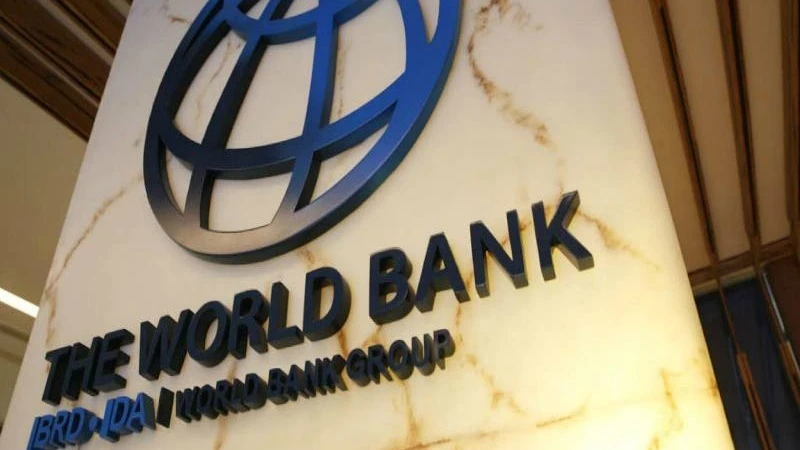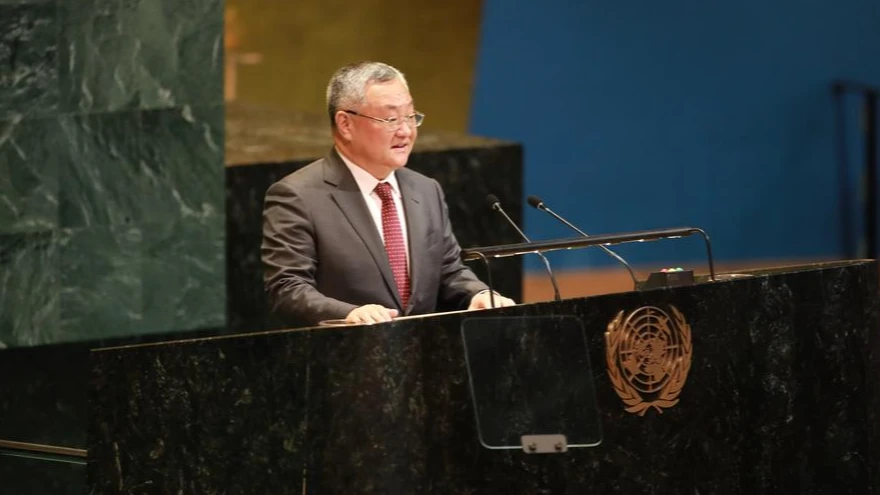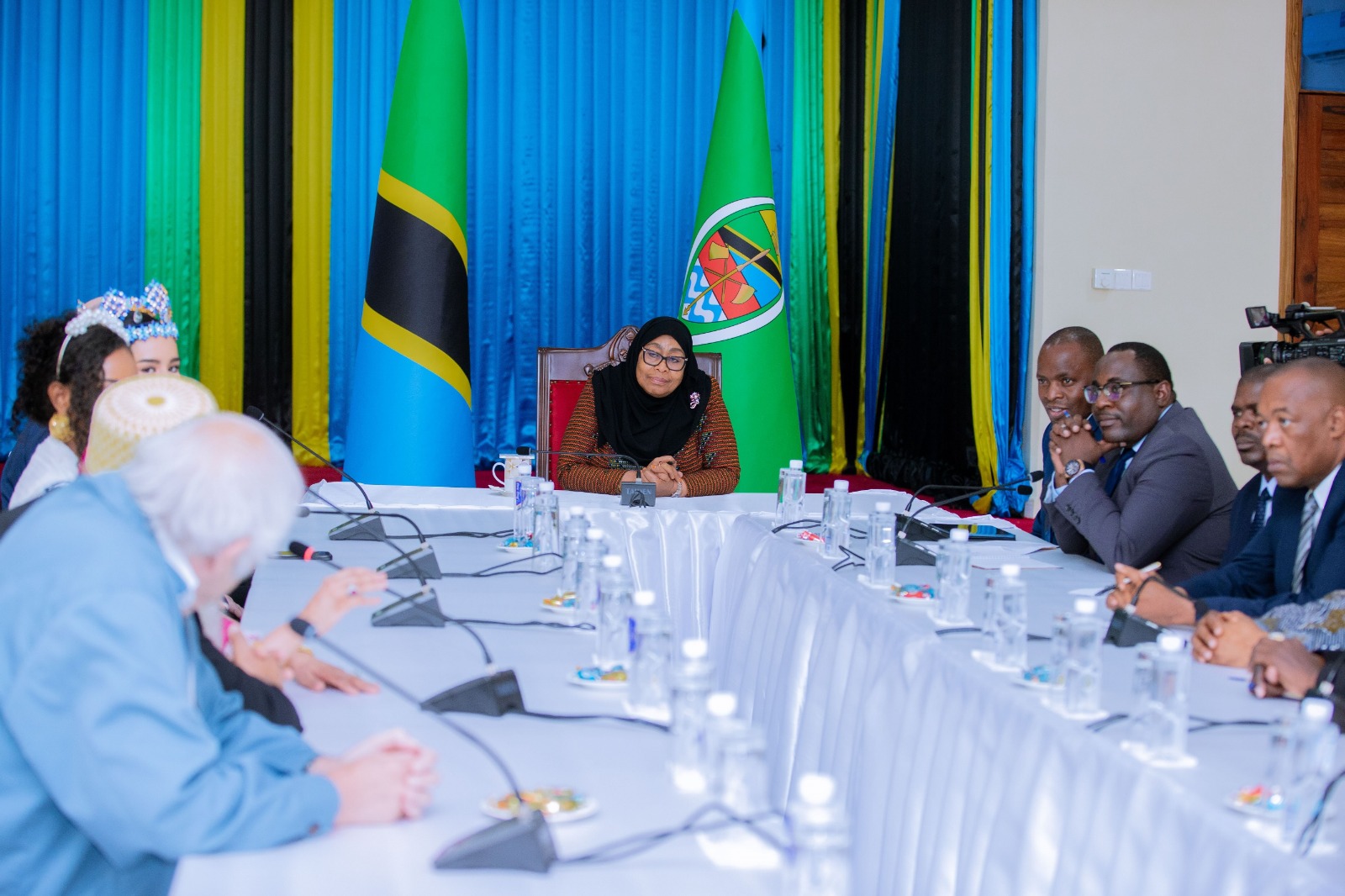Vision 2050: Accelerating digital and financial inclusion for all Tanzanians

TANZANIA's ambitious Vision 2050 places inclusive economic growth and digital transformation at its core, seeking to build a resilient, innovation-driven, and equitable society. A central pillar of this vision is digital inclusion — ensuring that all citizens, including those in rural and marginalised communities, are connected, informed, and empowered through technology.
Yet, while digital access is growing, the gap between access to financial services and actual usage remains wide. According to the Finscope 2022 survey, while financial inclusion in Tanzania stood impressively at 89 percent, formal banking service uptake was significantly lower at only 22 percent. This contrast reveals a critical need not only for technological access, but for integrated and tailored financial solutions that reflect the real-world needs of underserved populations — particularly women, youth, people with disabilities (PwDs), and rural smallholder farmers.
To bridge this gap and unlock inclusive growth, Tanzania is entering a pivotal era of partnerships that prioritise local innovation, public-private collaboration, and digitally enabled service delivery. With a focus on interoperability, customisation, and capacity building, the push to reach all corners of the country with accessible financial solutions is intensifying.
It is against this backdrop that a landmark partnership has been formed between the Tanzania Bankers Association (TBA) and the Tanzania Fintech Association (TAFINA), leading institutions driving financial sector growth in the country.
This new strategic alliance is formalised through a Memorandum of Understanding (MoU) designed to foster collaboration between traditional banking institutions and emerging fintech innovators.
The MoU is anchored on mutual goals: strengthening innovation, enhancing compliance frameworks, and jointly addressing the inclusion gap through agile, tech-driven interventions. Among the key aims is promoting tailored financial solutions for underserved groups and improving the efficiency of service delivery through joint innovation.
TBA managing director Tusekelege Joune underscored the importance of this alliance in advancing national frameworks, such as the Third National Financial Inclusion Framework (2023–2028) and the Financial Sector Development Masterplan (2020/21–2029/30).
“We recognise that fintechs are not competitors but collaborators. Together, we can unlock untapped opportunities that will grow the private sector, increase credit access, create jobs and contribute to the country’s economic empowerment,” she said.
Fintech engagement manager Julieth Kiluwa emphasised that the partnership will enable robust knowledge-sharing, particularly in areas of regulatory harmonisation, sandbox experimentation, and digital infrastructure development.
“We are excited about the potential of this collaboration to drive real change, especially for young entrepreneurs, women in business, and those in hard-to-reach communities who are often excluded from the formal financial system,” she stated.
The MoU outlines several targeted outcomes, including the design of customer-centric banking products, joint policy advocacy for enabling laws and regulations, and the co-implementation of sandbox environments for piloting innovations.
Capacity-building efforts such as joint seminars and technical training will also be rolled out to strengthen the ecosystem’s readiness for transformative change.
Top Headlines
© 2025 IPPMEDIA.COM. ALL RIGHTS RESERVED






















